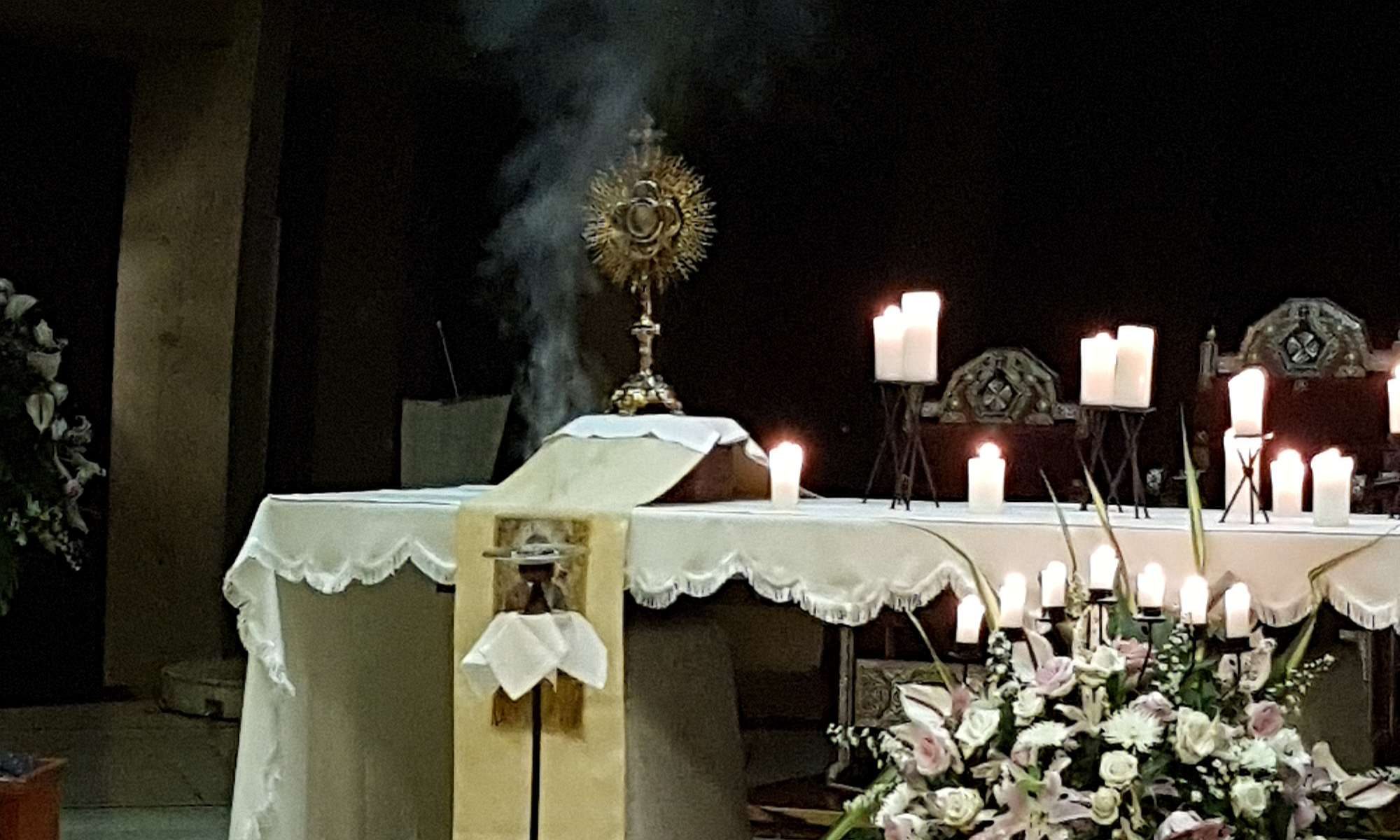I guess we must see the current emphasis on hope as a true blessing. It was first pope Benedict with his Letter Encyclical “Spe Salvi” (In Hope We Were Saved) of November 30th, 2007. More recently the election of Barack Obama as president of the USA has become like a huge message of hope for millions of Americans and people of all trends of life around the globe.
As Christians we are not keen on fantasy. So often excessive illusion leads to utter delusion! Our Lord and Saviour, Jesus Christ, is clearly a messenger of and a witness to hope but he is not a preacher of unreal expectancies or impossible dreams. On the contrary, his language can be very hard to the ear, for example when he says that every disciple has to take up his or her cross and follow him (Mt 16:24).
What is therefore the nature of Christian Hope? In what sense do we find an example of such hope in the Blessed Virgin Mary?
First of all, hope needs to be linked to faith. That is what the pope does in the first part of his Encyclical. Through faith we come to the knowledge of an astounding revelation: God has exceedingly loved us. The proof of his love is not a well-crafted theory but the living testimony everyone can see hanging on the cross. With letters written with his own blood, so the speak, Jesus has shown the incredible profoundity and full dimension the mercy of God, who was ready and willing to give up his only begotten son to rescue us. Each one has now the right to assertain what saint Paul said: “Christ loved me and gave himself for me.” (Gal 2:20)
It is crucial to realise that coming to speak like that is not the result of elaborated reasoning, but the action of the Holy Spirit, bestowing his gift of faith on our souls. We come to feel loved by the working of the Holy Spirit, for the Apostle testifies saying: “Hope does not disappoint us, because God has poured out his love into our hearts by the Holy Spirit, whom he has given us.” (Rom 5:5).
Through faith we come to see, in awe and full of gratitude, that we have been immensely loved by God. The kind of reassurance that this fact brings to the human heart becomes then the natural foundation for any true hope. Sustained by the magnificent promises that Jesus solemnly pronounced, we know for example that we have not been left abandoned. We also know that his love is unfailing and utterly reliable. But mainly we know that the very meaning of human existence lies beyond the capacity of human intelligence and rather belongs to God’s wisdom and providence. To say so is no lack of responsibility but a true fact that every intelligent person realises as soon as they bear in mind the true complexity of the universe and of the mutual interactions amongst human beings. Which is why, reassured by hope, we become ready to withstand trials and hardships in a child-like manner, as Jesus himself, who addressed God as his “Abba,” his Daddy, even at the time of facing a most cruel death.
The Virgin Mary has been saluted as Mother of Hope many times by many Christians. There is a reason for this. If it is true that nobody ever had the faith she had, it seemed natural to affirm that, in parallel with her faith, her hope had to be more than notable. Standing at the foot of the cross, we see her as the paradigm of the true believer, and we ought to see her as a beacon of hope. The horrible trial of the cross did not overcome the firmness of her union with God’s plan, in spite of everything else. She managed to see through all the dense and dark clouds of the ominous day, so as to get a glimpse of something new, actually the resurrection of her beloved Child. Even if we do not have to face comparable difficulties it is good to remember her, and the supernatural strength that she had at the time when it was most needed.
May her intercession brings hope to every nation on earth, so that the glory of Christ’s love shines forth more clearly for all. Amen.
